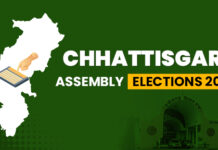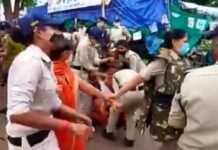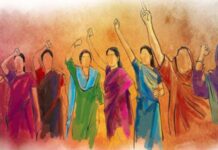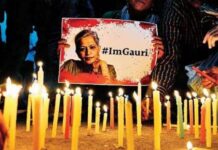Today, 19th October, Evo Morales’ party Movement for Socialism (MAS) claimed victory in a presidential election. This is a huge win for Bolivian democratic forces and its indigenous population, who faced heavy suppression after the right-wing interim Government staged a US-backed coup last year.
There has not yet been an official declaration and that could take days, but the “rapid count” shows a clear winner in the Morales’ handpicked successor, Luis Arce. Even the interim president tweeted:
Aún no tenemos cómputo oficial, pero por los datos con los que contamos, el Sr. Arce y el Sr. Choquehuanca han ganado la elección. Felicito a los ganadores y les pido gobernar pensando en Bolivia y en la democracia.
— Jeanine Añez Chavez (@JeanineAnez) October 19, 2020
2019 Bolivian Election Crisis
Suppression of Journalists by Bolivian interim Govt.
This did not calm things in Bolivia, and the Morales’ supporters staged large-scale protests. The right-wing Government responded with heavy-handed surveillance and policing measures. They were yet able to gain and maintain international legitimacy because of American backing and consolidation of power.
Before the pandemic itself, there was a strong intimidation of the media, and then-Minister of Communication, Roxana Lizárraga used “sedition” to publicly threaten journalists. Their phones and cameras were confiscated, they were subjected to continuous threats, and conversations on their phones were used to directly attack journalists. There were also blockades on investigations. They used “misinformation” as a reason for this, but Bolivian intellectuals point out this isn’t an issue in Bolivia, and if anything such misinformation was spread by the right-wing government and the US itself.
After the pandemic hit, the Bolivian right-wing Government used it as a justification for tightening information control. IACHR and international CSOs such as Amnesty International and Human Rights Watch considered these to be attacks against the fundamental rights to freedom of expression and information.
Indigenous Rights in Bolivia
Under Morales- Bolivia’s first indigenous president– and MAS, Bolivia’s poor and Indigenous majority secured rights and economic gains through social programs. They also pushed for nationalisation of oil and natural gas, which provided revenue for the same and made them financially secure.
Meanwhile, the right wing Government pushed forward racist revanchism, backed by Christian fundamentalism. They aimed to bring Bolivia back to the pre-2003 regime of authoritarian neoliberalism, especially by giving businessmen like Marinkovic direct political representation for agribusiness, finance, and oil and gas extraction interests. During protests led by indigineous populations, two massacres were committed by the military, and at least 19 (mostly indigenous people) were killed.
Bolivians have described this as a victory for the indigenous people, especially against American capitalism.
— Francisco Lima Jr (@chicocuritiba) October 19, 2020



























[…] Also Read: Bolivian leftists claim landslide victory in Presidential election […]